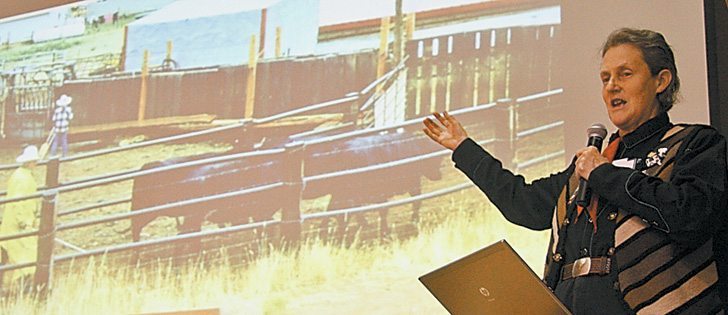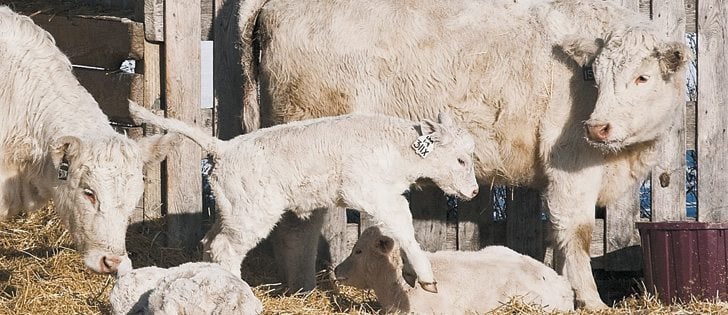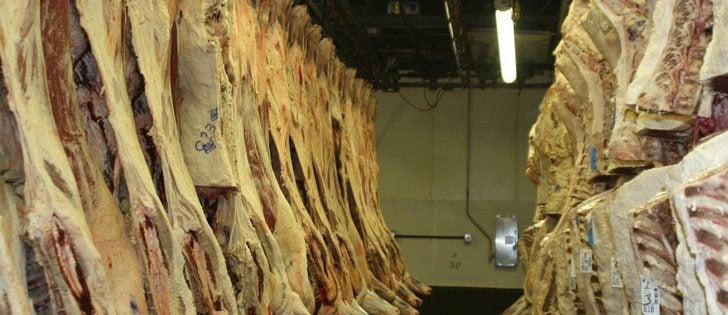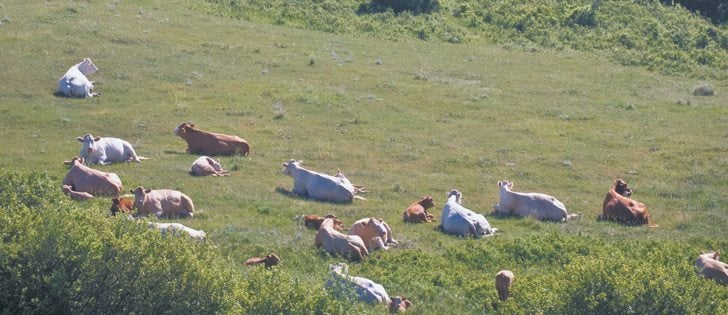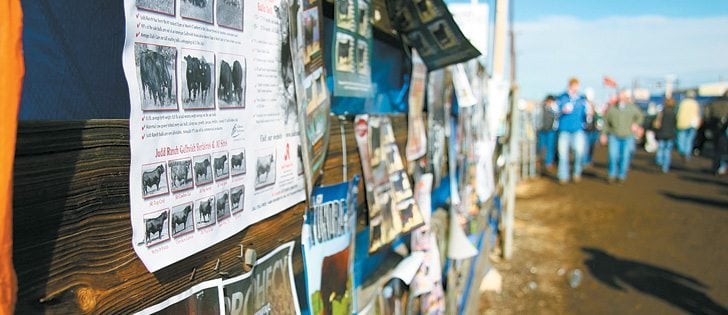Animals are commodities | Expert urges producers to explain realities of food production
SASKATOON — Wes Jamison said he knows the image livestock groups would like to portray.
“It’s a painfully white mom and dad with three kids walking across a misty farm on a spring morning in Ontario. ‘Trust the farmer.’ That doesn’t work when it comes to animals,” said the professor of communications at Palm Beach Atlantic University.
One video of animal abuse can erase any positive impression that pastoral images create, he said in an interview at the June 6 International Symposium on Beef Cattle Welfare.
Read Also

Feds propose overhaul of chronic wasting disease control program
Chronic Wasting disease control program getting updated by Canadian Food Inspection Agency with feedback encouraged from producers.
Producers should instead focus on the animals they raise and the fact that animals convert parts of nature into useful commodities.
“A cow is a living repository of organic nutrients that we can’t get anywhere else, and you have to learn to communicate that so that agriculture can persist and endure.”
Jamison said animal welfare activists have taken their cause to retailers, and McDonald’s, Burger King and Safeway have taken steps to procure meat from animals raised in a proscribed way.
“Like water, the activists have decided to take the path of least resistance, and they’re going to the retailers,” he said.
“And retailers understand, as do the activists, that farmers are price takers and they always have been.”
He predicts Canada will see more retail activism to mandate certain animal handling practices.
However, he said asking producers to change production methods comes at a cost, and they should explain that cost to the retailers.
“If I was a farmer in Canada or a farm organization, I would bring the children of the farms affected by this and I would have a photo op, where the children go to corporate headquarters of Tim Hortons talking about their lost future,” he said. “I guarantee the retailers will immediately reconsider their actions.”
Jamison said if farmers lose the battle over food animal production in Canada, food sovereignty would also be lost.
Regulations may force food production to other countries and cultures that are more accepting.
He said animal agriculture must also become transparent, which for him means completely transparent, showing people all practices.
“Don’t give them the calf to pet and milk. Don’t make it seem like a petting zoo. It isn’t. Show them what goes on, on a dairy farm. If you don’t, the other side will and it will look grotesque.”
In his speech he encouraged producers to consider the values and experiences they share with a largely urban consumer base. Consensus can be forged on the basis of those commonalities, which will marginalize fringe groups that oppose animal production for food.
Without that sharing, the debate could become heavily moralized, as he said it has in the United States.
“If your cat tastes like chicken, would you eat her? For me, the answer would be yes. Should that be a crime? Under what circumstances? Because that’s what we’re trying to do, we’re trying to criminalize, at least in the U.S., the production of commodity animals.”




